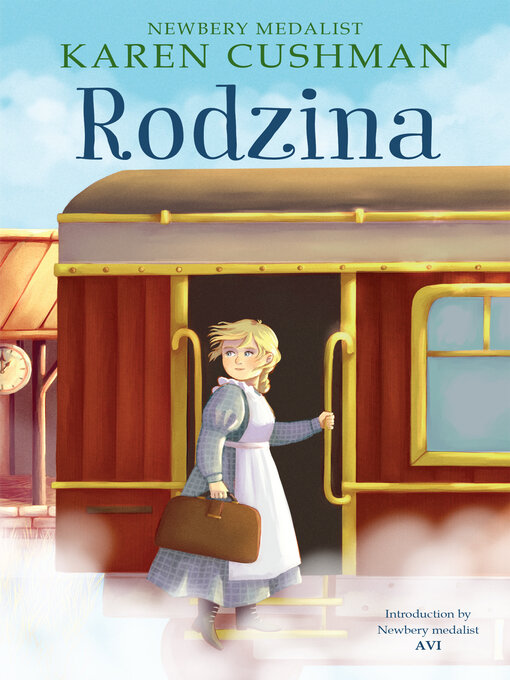- Available now
- New eBook additions
- New kids additions
- New teen additions
- Most popular
- Try something different
- Deaf Culture and ASL
- Adult New Readers
- See all ebooks collections
- Hot and Trending Listens
- New audiobook additions
- New kids additions
- New teen additions
- Most popular
- Try something different
- Available now
- Quick listens
- Read by a Celeb
- Golden Voice Inductees
- 2020 Audie Award Finalists
- Audiobooks for the Whole Family
- See all audiobooks collections
- Lifestyle
- Health & Fitness
- Cooking & Food
- Most popular
- Fashion
- Home & Garden
- Try something different
- Celebrity
- Tech & Gaming
- Cars & Motorcycles
- Crafts
- Family & Parenting
- Sports
- See all magazines collections




